Ozempic
Last blog I talked about glucose and its impact on our health and what we can do.
Today I thought I would go ahead and discuss another hot topic of today’s day and age!
OZEMPIC
For those who don’t know, Ozempic is a weight loss medication that was originally developed for managing type 2 diabetes. Ozempic is one of many medications these days, but just know that if the medication contains semaglutide it will essentially be the same thing.
These medications work because they have a mechanism that involves mimicking the natural hormone GLP-1, which plays a crucial role in blood sugar regulation and appetite control. So how does the medication achieve this?
Blood Sugar Regulation: Ozempic helps the pancreas release more insulin when blood sugar is high and reduces the amount of sugar produced by the liver. It also slows down how quickly food leaves the stomach, which helps prevent spikes in blood sugar after eating.
Appetite Control and Weight Loss: By acting on the brain’s appetite centers, Ozempic increases feelings of fullness (satiety) and reduces hunger and food cravings. This leads to a lower overall calorie intake and, for many, significant weight loss.
For those who have type 2 diabetes or are obese and have other weight related health issues, this medication has been life changing. As we know obesity is a chronic disease and the pathophysiology of obesity is an appetite dysregulation of the brain. These people will usually be on medication and monitored by a doctor to ensure the dose is being managed correctly and to ensure their overall health is not suffering. These people are individuals who benefit from ongoing medical support and structured treatment plans to help them achieve better health outcomes and long-term weight management.
So my personal opinion, is for those who it is designed for, with the support of a medical practitioner, this drug is pretty life changing! But I absolutely do fear that we are going to go back 20 years and the skinny image is going to resurface leading to more and more abuse. We all want to look good…there is no denying that. But when we put so much emphasis on our looks we neglect our health and unfortunately abuse of this drug can have quite big consequences on our health. In today's blog post I wont even tough on the mental health consequences, but just know they aren’t irrelevant. This kind of misuse can lead to significant health risks, including serious side effects such as gastrointestinal problems, hypoglycemia, pancreatitis, and even a potential risk of thyroid tumors.
Less severe health consequences are linked to things like our muscle mass and bone density and nutritional needs. You see, rapid weight loss from Ozempic can lead to a significant reduction in muscle mass. Studies show that up to 39% of the weight lost with semaglutide may come from muscle, not just fat. This loss can lower strength and daily functioning, especially if not paired with adequate protein intake and resistance exercise. Ozempic and similar GLP-1 medications can decrease bone mineral density, particularly at the hip and spine, and increase bone resorption (breakdown), raising the risk of osteoporosis and fractures, especially in people already at risk. Finally our heart, so far the studies have shown some impact on the heart, but only in animals, so it is yet to see if there are long term effects on human hearts. This does not discourage anyone from taking it, but so long as you are being followed by a medical practitioner and see them regularly, you will get the health checks necessary.
People taking Ozempic are at increased risk for certain nutrient deficiencies due to reduced appetite and lower overall food intake, which can make it challenging to meet daily nutritional needs. Common deficiencies and nutritional concerns include
Protein: Maintaining adequate protein intake is crucial to help prevent loss of muscle mass during weight loss. Many people on Ozempic consume less protein than recommended, which can contribute to muscle loss and reduced strength
Vitamin D and Calcium: These are essential for bone health, especially since rapid weight loss and reduced intake can increase the risk of decreased bone density and osteoporosis. Most people on GLP-1 medications like Ozempic consume significantly less vitamin D and calcium than recommended, making supplementation or careful dietary planning important
Iron: Low intake of iron-rich foods can lead to anemia and fatigue. This is particularly important as reduced appetite may result in skipping iron-rich foods like lean meats, beans, and leafy greens
Vitamin B12: Long-term use of GLP-1 medications may lower vitamin B12 levels, which are vital for nerve function and red blood cell production
Magnesium and Potassium: Deficiencies in these minerals are common and can affect muscle function, heart rhythm, and overall well-being
Fiber: Lower food intake can also mean less dietary fiber, increasing the risk of constipation (a common side effect of Ozempic)
So what you need to do is base the BIG (and big emphasis on the big) percentage for your diet on nutrient dense foods. You want protein, dairy and grains and vegetables/fruits to be the bulk of our diet. You also want to ensure you are drinking enough water as this can help with any of the gastrointestinal side effects of the medication. You should also be doing regular blood checks to ensure that you are not deficient in any of your vitamins and minerals.
Without medical supervision, users may take incorrect dosages—either too high, risking severe side effects, or too low, rendering the drug ineffective. There is also a documented risk of developing unhealthy relationships with food, disordered eating patterns, and mental health issues when Ozempic is used off-label for weight loss, especially in non-diabetic individuals.
Additionally, obtaining Ozempic without a prescription, particularly from unregulated online sources, increases the risk of receiving counterfeit or contaminated products, which can be extremely dangerous. Misuse and abuse of semaglutide have been reported at higher rates compared to other similar medications, highlighting the need for proper medical oversight.
The thing with a drug like ozempic is it is a medication for life. Only about 20% of the world wide population who has come off the drug have managed to sustain the weight loss. Even those who tapered off the drug slowly and made significant lifestyle changes still regained some of the weight.
So what are the takeaways
Ozempic is a great drug when used correctly
Once you are on Ozempic you are on it for life
Only go on Ozempic that has been prescribed by a doctor
Ensure that you are being followed by a doctor to ensure that your health is not suffering
Get regular check ups to check deficiencies, heart, bone and muscle mass.
You are encouraged to make the right lifestyle changes to go with the drug use (exercise and nutrition)
Your nutrition becomes more important. With a smaller appetite you will be at higher risk of deficiencies. You need to have a 98% whole food diet to maximize the nutrition and keeping processed foods to a minimum
The drug is great in the right hands with the right follow up. If you are on the smaller side and want to use it for essentially what i like to call “vanity weight”, please just do so under the supervision of a doctor. It is not my place to judge or tell you what you should or shouldn’t do, but just ensure your physical or mental health isn’t suffering because of it.
Bibliography
Drugs.com. (2025). Ozempic: Uses, Dosage, Side Effects, Warnings. Retrieved June 2025, from Drugs.com: Provides comprehensive information on Ozempic’s approved uses, side effects, and warnings, including both common and serious risks associated with the medication.12
Novomedlink. (2017). Once-weekly Ozempic® (semaglutide) injection mechanism of action. Explains the GLP-1 receptor agonist mechanism, including effects on insulin secretion, glucagon suppression, and gastric emptying.3
Healthline. (2023). Ozempic May Make Your Muscles and Bones Weaker. Summarizes research on muscle mass and bone density loss associated with rapid weight loss from GLP-1 medications like Ozempic and Wegovy, and highlights the importance of nutrition and resistance training.4
MyVillageGreen. (2024). Ozempic: Understanding Nutrient Depletions. Reviews potential nutrient deficiencies (vitamin B12, calcium, vitamin D, magnesium) and the importance of dietary support and supplementation for those taking Ozempic.5
Nature Medicine. (2024). Long-term weight loss effects of semaglutide in obesity without diabetes. Reports on the durability and safety of weight loss with semaglutide over four years, including rates of weight regain and the importance of ongoing treatment for sustained results.6
Swissmedic. (n.d.). semaglutide (Ozempic®): RMP Summary. Details the risk management plan for Ozempic, including identified and potential risks, and the importance of medical supervision.


